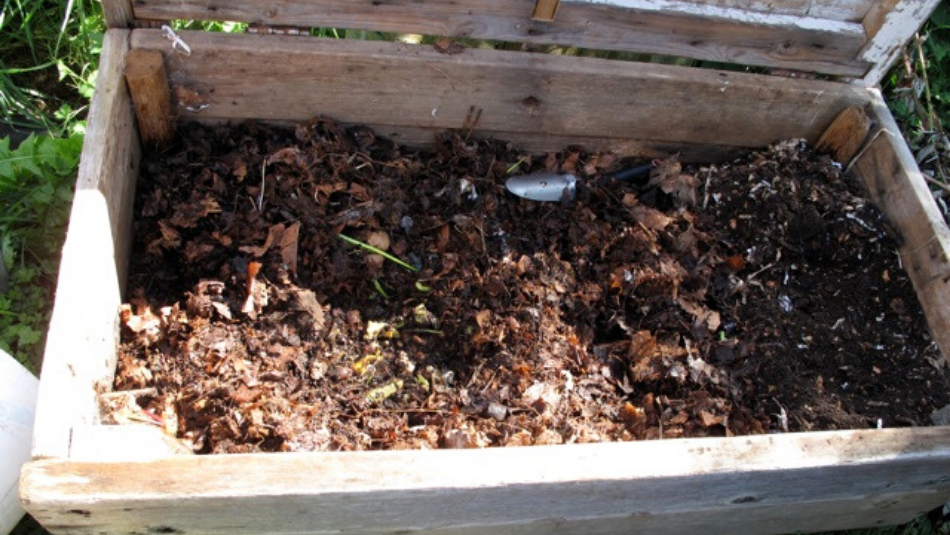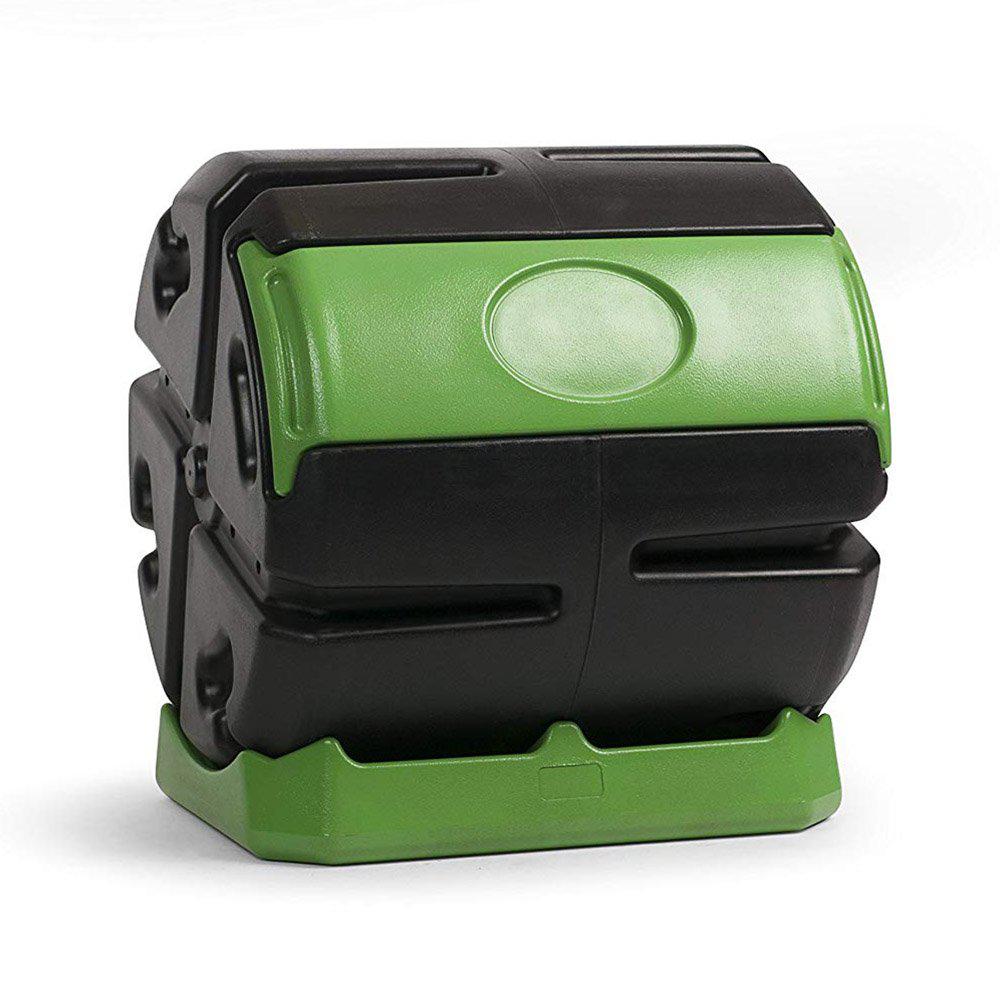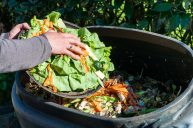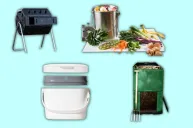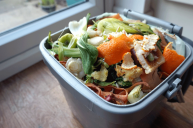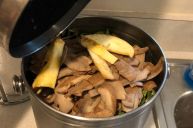If you grow a garden, chances are you've thought about making your own compost pile to provide nutrient-rich soil for your plants. The composting process is something of a mystery, though. Dump yard waste and kitchen scraps into a compost bin and it turns into dirt? If you've ever tried composting, you know it's not quite that simple. However, it's not difficult to do either, especially when you have a good composter recipe.
Videos by Wide Open Country
Composting isn't just for giant backyard gardens. If all you have are a couple of window boxes or a small container garden, a compost pile can help. Plus, it's a better way to handle kitchen waste; it saves landfill space (where compostable materials don't break down because of all the inorganic stuff in the landfill mix) and it can save you having to take the trash out so often.
Your compost bin doesn't have to be giant, either. You can build or buy smaller compost bins, even ones that fit on a small patio or balcony if you don't have a lot of outside space. The most important thing is to get the mix in your compost recipe right.
In order to get good finished compost, you need to start with the right materials. Once you have a good mix going, all you need to end up with great compost is a little attention and time.
Composter Recipe
- One part organic materials (green materials)
- Two part bulking agents (brown materials)
- Air and Water
Most of your organic materials will come from your kitchen waste. That means coffee grounds, eggshells, vegetable scraps and other food scraps. The food waste you do not want to add is any animal products (think meat, bones and dairy) because they don't break down well and they attract critters. These materials are often called green materials because they have a higher nitrogen content and a faster decomposition process.
You can also add grass clippings, leaves, plant materials and other garden waste to your composter recipe. One note on adding weeds to your compost: Don't add weeds that have already gone to seed, or you may find more little weeds popping up when you add your finished compost to your garden. And if you rake leaves in the autumn, you can add those to your compost heap but make sure to add more bulking agents since, in this case, brown leaves count as a green material.
To your green materials, you're going to add brown materials or bulking agents. These bulking agents make space for air to reach the organic materials, which helps them decompose faster. Your brown materials could be straw, wood chips, shredded wood, sawdust or paper. One easy way to keep a good balance between green and brown materials is to add a layer of organic matter from your green list and then cover it with a layer of bulking agents.
Air and water are both an important part of a good composter recipe. Even if your compost bin isn't closed, turning the compost once every few days will help the organic materials break down faster. When you start your compost pile, add enough water to make the pile damp but not soaking wet. Don't add too much water. If your bin is in a space that gets a lot of rain, you may need to cover the bin so the compost doesn't get too wet.
https://www.instagram.com/p/B_AFHM9n30q/
If you want to speed up the composting process, you can add healthy soil or manure to your compost heap (just don't add pet waste).
Keeping a good balance in your composter recipe will help your compost pile healthy. It should smell like rich dirt, not rotting food. The right balance will also help keep critters like flies and rats away.
It will take at least three months for your composter recipe to start generating good compost to use in your garden. But once you get your compost bin started, the benefits to your garden and the landfill keep paying off.
